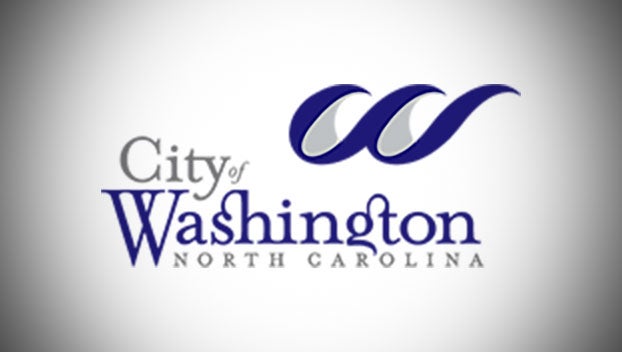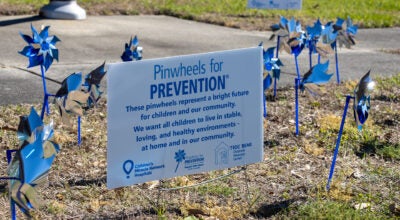City looks to pass savings on to customers
Published 6:38 pm Friday, September 16, 2016
Washington’s power customers could see a reduction in their respective electric rates sometime next year.
If that happens, that reduction would be the result of reduced wholesale power rates the city pays when it buys electricity from the North Carolina Eastern Municipal Power Agency, according to City Council member Doug Mercer, who represents the city on the NCEMPA board of commissioners. Mercer attended a NCEMPA board meeting about two weeks ago.
Mercer told the council that the most-recent 12-month contract concerning wholesale power costs between NCEMPA and the city ended in June.
“At the end of that 12-month period, they adjusted the wholesale power costs downward … a little over a million dollars,” Mercer said. “That means the city will be given a (monthly) credit for the next 12 months on our power bill of $2,200.”
Mercer said that during the recently completed 12-month period, the city saved $5.72 million. “So, our power costs have gone done substantially in the last 12 months, and we passed part of that savings on to our customers,” he said. “I would like to have the staff have on next month’s agenda a discussion of implementing the rate changes that were recommended in the Booth (& Associates) cost-of-service study to go into effect in January.”
That study, presented to the city Oct. 19, 2015, recommends that Washington’s electric customers should have their overall electric rates (per kilowatt hour) reduced by 5.64 percent, with residential customers receiving a 2.52 percent reduction. The study also recommended increasing some fees, including facilities charges, related to providing electric service.
At that October meeting, Booth & Associates spokesman Terry Brege said the goal of the study and its recommendations was to fairly distribute the costs of providing power to the different rate classes so they pay their fair share based on their power consumption and associated costs of providing service to them.
Brege said a reason the city might want to consider increasing the facilities charge — at least in the customer column and over time mover it closer to the distribution column — is it produces rate stability, revenue stability.
City Manager Bobby Roberson said city staff “would much rather take it up in the budget process,” which would mean implementing a rate reduction later in 2017 than in January 2017. Roberson suggested waiting until July 1, 2017, the beginning of a new fiscal year, before implementing the rate reduction.
Electric rates for residential customers, churches and small general service customers were reduced by 6 percent Aug. 1, 2015.






